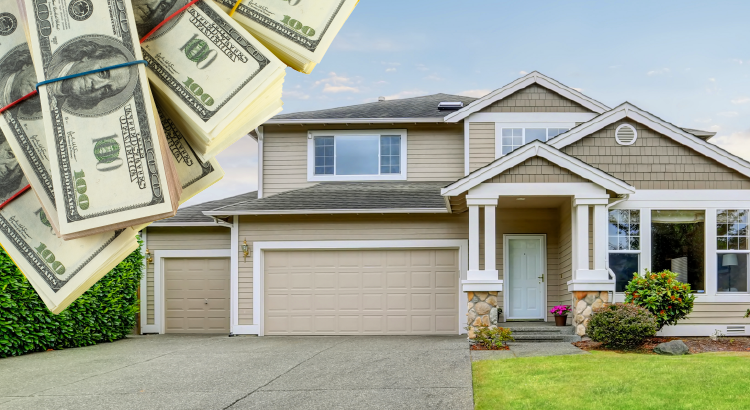What You Need To Know About Down Payments
What You Need To Know About Down Payments Some Highlights If you want to buy a home, you may not need as much for your down payment as you think. There are various loan options for qualified buyers with down payments as low as 3.5% or even no down payment requirement. There are also thousands of pro
Down Payment Assistance Programs Can Help Pave the Way to Homeownership
Down Payment Assistance Programs Can Help Pave the Way to Homeownership If you’re looking to buy a home, your down payment doesn’t have to be a big hurdle. According to the National Association of Realtors (NAR), 38% of first-time homebuyers find saving for a down payment the most challenging step.
The Perfect Home Could Be the One You Perfect After Buying
The Perfect Home Could Be the One You Perfect After Buying There’s no denying mortgage rates and home prices are higher now than they were last year and that’s impacting what you can afford. At the same time, there are still fewer homes available for sale than the norm. These are two of the biggest
Why You Should Use a Real Estate Agent When You Buy a Home
Why You Should Use a Real Estate Agent When You Buy a Home If you’ve recently decided you’re ready to become a homeowner, chances are you’re trying to figure out what to do first. It can feel a bit overwhelming to know where to start, but the good news is you don’t have to navigate all of that alone

Sharon Anderson
Phone:+1(858) 461-8883





